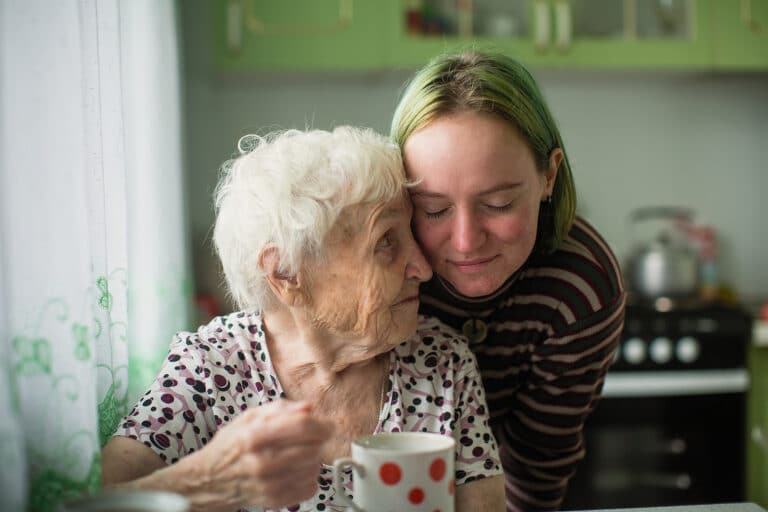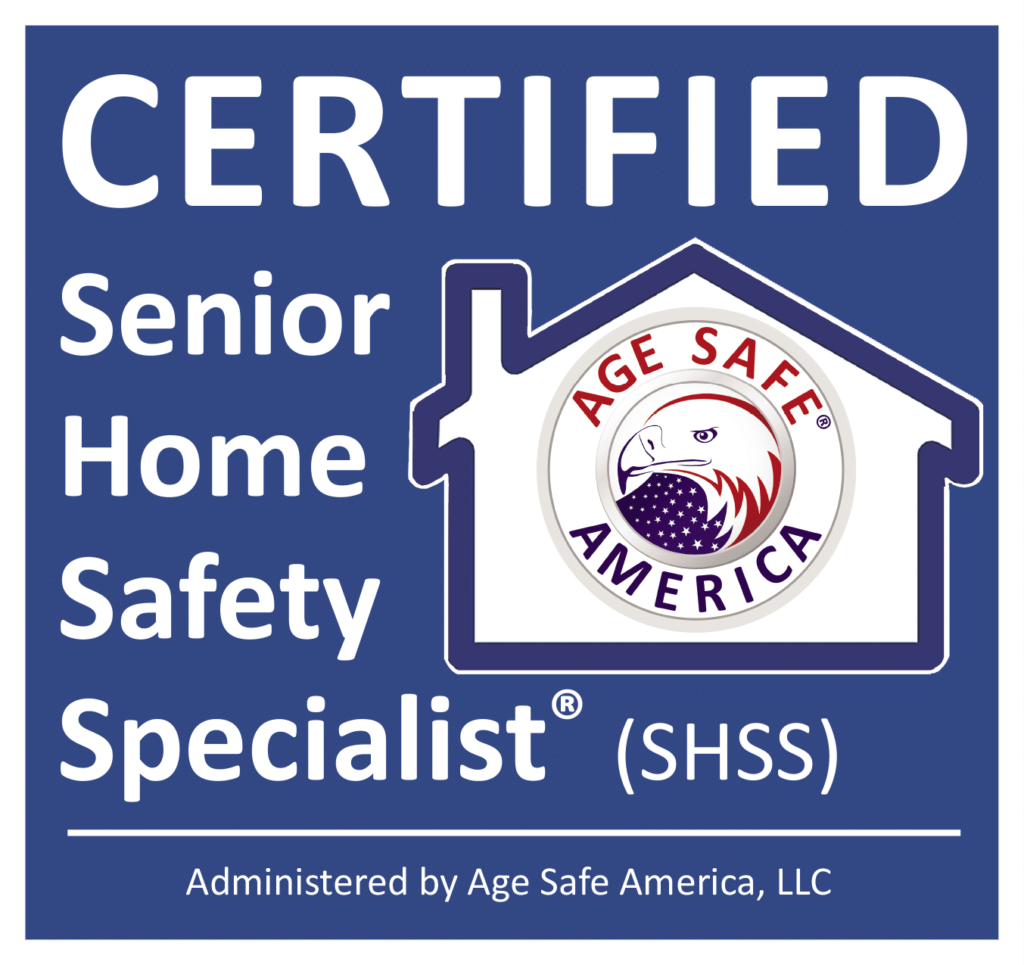A diagnosis of Alzheimer’s disease is a scary situation for seniors and their families to face. Alzheimer’s disease is a degenerative neurological illness that greatly impacts both cognition and functional abilities over time. Caregiving for a senior with Alzheimer’s disease becomes progressively more difficult as the disease itself progresses. Facing those challenges is hard, but when is it time for family caregivers to bring in Alzheimer’s care providers to help?
Safety Concerns
One of the biggest challenges involved in Alzheimer’s caregiving is keeping seniors as safe as possible. As Alzheimer’s disease progresses, safety becomes a much bigger problem. Seniors with Alzheimer’s are prone to wandering behaviors, which can cause them to become disoriented. They may even wander to the extent that they become lost, which is incredibly dangerous if they’re not able to tell people who they are or where they live. Seniors with Alzheimer’s disease also tend to experience muscle weakness and balance issues, which combine with confusion to greatly increase the risk of falling. Home care can help by ensuring that seniors with Alzheimer’s disease have all of their safety concerns addressed properly.
Worsening Health
Alzheimer’s has a serious impact on both mental health and physical health. It’s a neurological disease that primarily impacts cognitive health in the earlier stages, but later stages mean big health changes. Seniors who also deal with other health conditions may suddenly find themselves dealing with bigger complications as Alzheimer’s progresses. Weight loss, trouble managing personal care, and faster-than-expected cognitive decline are all situations that may necessitate bringing in Alzheimer’s care for additional help.
Increased Care Needs
Because Alzheimer’s disease is progressive, seniors may start to struggle with issues like behavioral changes, mood issues, and trouble with basic daily activities. These problems typically get worse rather than better. This gradually increased the workload on family caregivers, often in subtle ways at first. What’s important is that family caregivers get help sooner rather than later, which can help them to stay in front of those increasing care needs. Getting help can keep family caregivers from burning out, which can keep them from continuing to be there the way they need to be.
Increased Need for Socialization
Alzheimer’s disease tends to be isolating for both sufferers and family caregivers. Social interaction helps to improve both mental and emotional well-being, so improving social engagement is vital. If seniors with Alzheimer’s disease are isolating themselves and experiencing loneliness, having caregivers there when family members can’t be can be incredibly helpful. Having additional social interactions on a regular basis also helps to offer cognitive stimulation, which seniors with Alzheimer’s disease need in order to stay healthy.
Recognizing when it’s time to bring in Alzheimer’s care support is absolutely essential for families. Having help available when it’s needed most helps both family caregivers and seniors with Alzheimer’s disease to have the best possible experience with a difficult situation. Seeking help isn’t giving up or a sign of weakness at all. What it does instead is help families to offer the best possible care to the people they love.
If you or an aging loved one is considering Alzheimer’s care in Celina, TX, please contact the caring staff at Clear Path Home Care today. Call 817-928-5788.
Clear Path Home Care provides compassionate, high quality home care in Denton County, Montague County, Cooke County, Grayson County, Fannin County, Lamar County, Wise County, Collin County, Hunt County, Delta County, and Hopkins County in Texas.
- The Importance of Lighting for Seniors in their Homes - June 6, 2024
- Understanding the Importance of Meal Planning for Seniors - May 23, 2024
- Tips for Helping a Senior Parent Shower Safely - May 14, 2024






